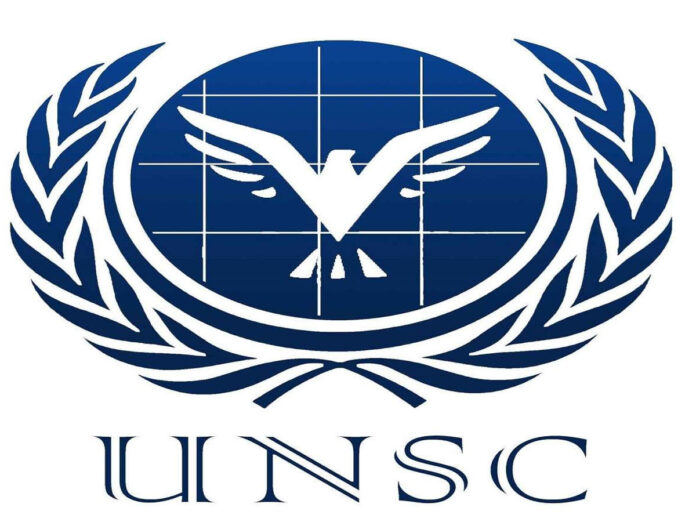UNITED NATIONS, Apr 16 (APP): Pakistan, which firmly opposes more permanent members in the U.N. Security Council, has reaffirmed its call for ensuring equitable representation on the 15-member body by adding more non-permanent members to make it more democratic, representative, accountable and effective.
“We want to accommodate the interests of all states and regional groupings — this can be best achieved through addition of regular non-permanent seats, which in our view, is the most equitable and fair option by any comparison,” Ambassador Usman Jadoon, deputy permanent representative of Pakistan, told delegates when the long-running Inter-Governmental Negotiations (IGN) aimed at reforming the Council resumed on Tuesday.
“We remain staunchly opposed to proposals for permanent seats, as there is no justification for creating new centres of privilege within the UN,” he said.
“Our goal is to democratize the Council and support a reform that corresponds to the interests of the large majority of member states and regional and cross-regional groups, not just a few self-appointed states.”
Full-scale negotiations to reform the Security Council began in the General Assembly in February 2009 on five key areas — the categories of membership, the question of veto, regional representation, size of an enlarged Security Council, and working methods of the council and its relationship with the General Assembly.
Progress towards restructuring the Security Council remains blocked as G-4 countries — India, Brazil, Germany and Japan — continue to push for permanent seats in the Council, while the Italy/Pakistan-led Uniting for Consensus (UfC) group opposes any additional permanent members.
As a compromise, UfC has proposed a new category of members — not permanent members — with longer duration in terms and a possibility to get re-elected.
The Security Council is currently composed of five permanent members — Britain, China, France, Russia and the United States — and 10 non-permanent members elected to two-year terms.
In his remarks, the Pakistani envoy said, “As the UfC has proposed, additional elected members will enhance regional representation and ownership, imparting more legitimacy to the Council.”
The UfC proposal, he said, would also accommodate the desire for representation of cross-regional groups — such as the Arab Group, the OIC, SIDS (Small Island Developing Countries) and other smaller countries. — for adequate representation on the Security Council, asserting that a larger number of non-permanent members will balance the influence of the permanent members.
“On the contrary”, Ambassador Jadoon added, “if additional permanent members are included, it will mathematically reduce the prospects for representation for the rest of the UN member states.”
The UfC, he said, also wants the Council’s membership to be accountable to the UN membership.
“Any state present on the Security Council ‘permanently’ – whether it possesses a veto or not – will not change the status quo, as they claim, but will further entrench the status quo”, emphasizing, “This is a critical and fundamental basis for the UfC’s fundamental assertion that expansion in the Security Council should take place only in the non-permanent category”.
Supporting a regional approach, the Pakistani envoy said, the UfC’s proposal allocates seats in an expanded Council of 27 in accordance with the number of States members in each of the five UN-recognized regions.
“Allocation of more seats to each region, particularly the under-represented ones, will allow for adequate representation of their sub-regions also,” he said.
Ambassador Jadoon backed African desire for adequate representation, a demand made on behalf of the entire continent endorsed by the African Union.
“The UfC sees the African desire to have two permanent seats on the Council as being very different from the claim of four member states to individual permanent seats for themselves in their national capacity without reference to, and agreement of their respective regions,” he said.
“Seats tagged to individual countries and occupied by them permanently, go against equitable representation and other objectives of reform. Such seats neither enhance representativeness nor promote the objectives of regional representation.”

